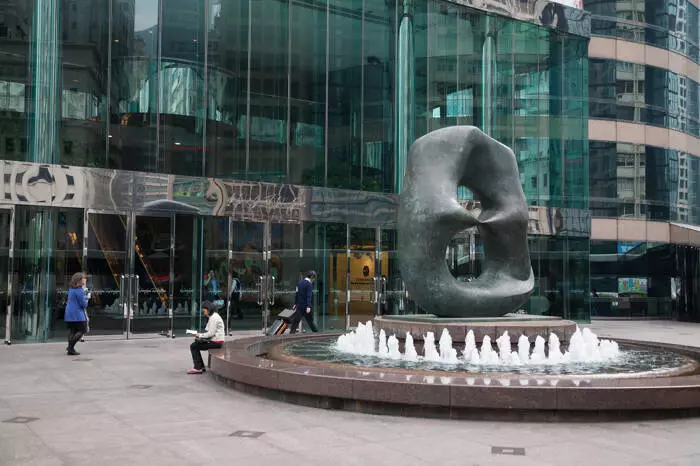The performance of the Hang Seng Index (HSI) has been a focal point for investors, particularly as it has extended its losing streak to four consecutive weeks, with a drop of 0.41%. The prevailing sentiment in the market is influenced by the looming U.S. presidential elections and the tumultuous state of the tech sector. An escalating narrative has emerged: former President Donald Trump seems to be narrowing the gap in the polls against current Vice President Kamala Harris, stirring speculation of a potential Trump victory on November 5. Investors are wary as Trump’s administration, which has previously advocated for punitive tariffs targeting Chinese goods, could further strain U.S.-China relations and exacerbate the economic challenges for Hong Kong and mainland China.
The tech industry is facing significant headwinds, particularly reflected through the performance of the Hang Seng Tech Index (HSTECH), which suffered a decline of 1.19% last week. Heavyweight companies such as Alibaba and Tencent reported slight decreases of 0.37% and 0.36%, respectively, further highlighting the vulnerability of the sector. However, Baidu countered this trend with a modest rise of 1.49%, demonstrating that not all tech entities are equally impacted by the prevailing market conditions. The overall struggle of the tech sector is closely linked with trends occurring in the Nasdaq, highlighting a broad-based concern about the sustainability of growth in these high-valuation companies amid external pressures.
In stark contrast to the ailing tech sector, real estate stocks displayed a remarkable surge, with the Hang Seng Mainland Properties Index (HMPI) appreciating by 4.80%. This increase is seemingly tied to speculation surrounding supportive policy measures from the Chinese government, intended to stabilize the property market amid ongoing economic uncertainties. The juxtaposition of declining tech stocks against a buoyant real estate sector underscores the selective nature of investor sentiment as they navigate risk and reward in a complicated economic landscape.
While the Hang Seng’s downturn is alarming, the ramifications are more pronounced on the mainland, where fears of renewed U.S. tariffs loom large over economic indicators. The CSI 300 Index fell by 1.68%, and the Shanghai Composite slipped by 0.84%, revealing a broader market anxiety. Despite this negative sentiment, the Manufacturing Purchasing Managers’ Index (PMI) data struggled to gain traction in the dialogue around economic health, suggesting that external pressures overshadow internal growth metrics. Analysts note that without clear policy direction from Washington, or supportive stimuli from Beijing, market volatility is likely to persist.
Turning to commodities, the market had a mixed performance. Iron ore, a critical input for steel production, declined by 2.72%. Interestingly, gold, often seen as a safe haven, also trended downward by 0.41%, despite reaching an unprecedented high of $2,790 earlier this year. Conversely, crude oil prices experienced an uptick as geopolitical tensions surrounding the Middle East captured investor attention. These fluctuations reflect the intricacies of global supply chains and how external factors, including geopolitical tensions and trade policies, can lead to volatility across various sectors.
In the Australian market, the ASX 200 saw a decline of 1.13%, further exacerbated by previous losses. The diminishing gold prices played a pivotal role in pulling down mining stocks like Northern Star Resources, which fell by 3.88%. Adding to this complexity was the response to rising U.S. Treasury yields that dampened enthusiasm for banking stocks in Australia. Meanwhile, the Nikkei Index recorded a slight increase of 0.37% following Japan’s general election results, highlighting how domestic political developments can sway market sentiment and currency valuations.
As we move towards pivotal events such as the RBA interest rate decision, the U.S. Presidential Election, and the upcoming National People’s Congress Standing Committee meeting, the global market landscape remains poised for change. Investors are urged to remain agile, as external forces will continue to shape risk sentiment and market outcomes. A nuanced understanding of these dynamics will be essential for navigating the complexities ahead. In a landscape marked by volatility and uncertainty, informed decision-making will be key to managing investment risks effectively.

